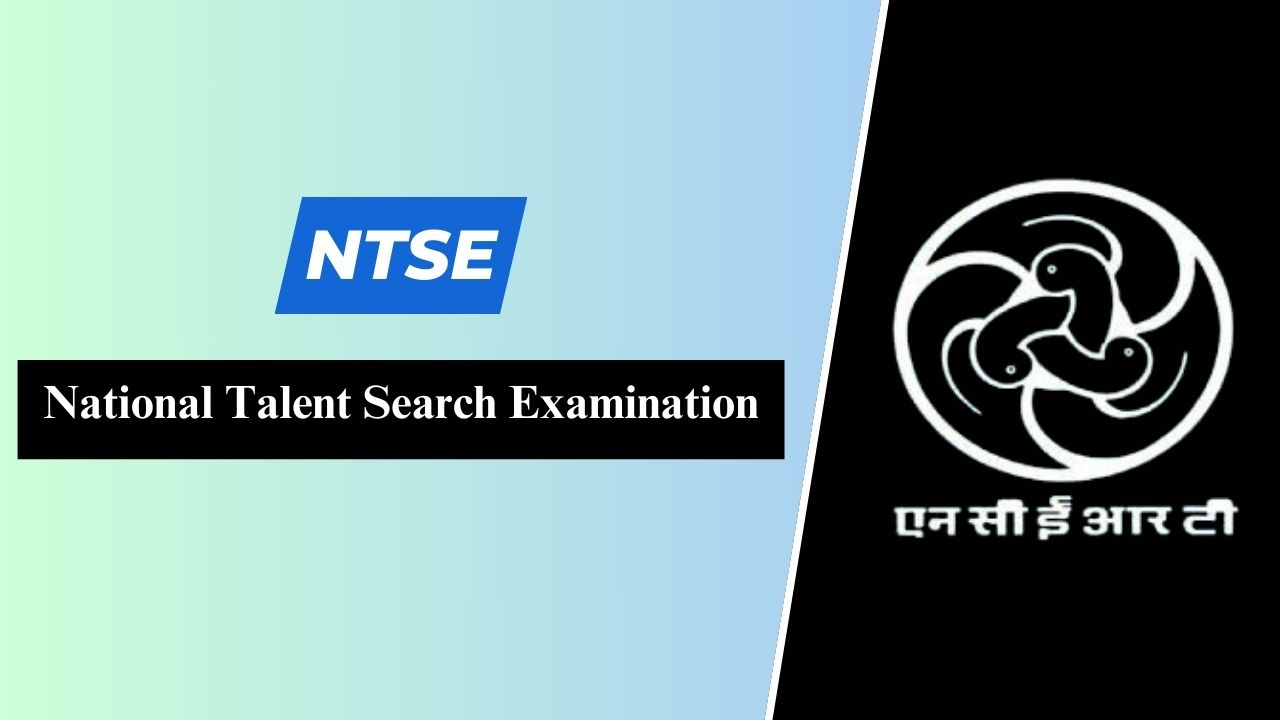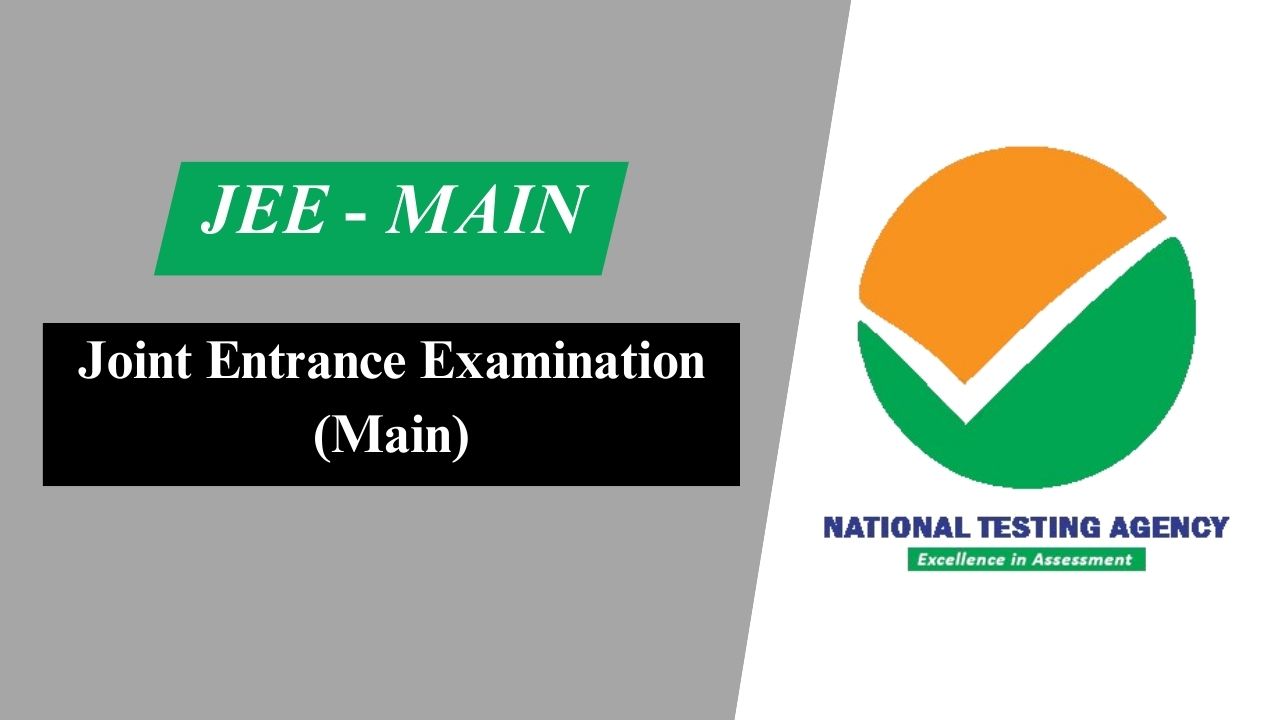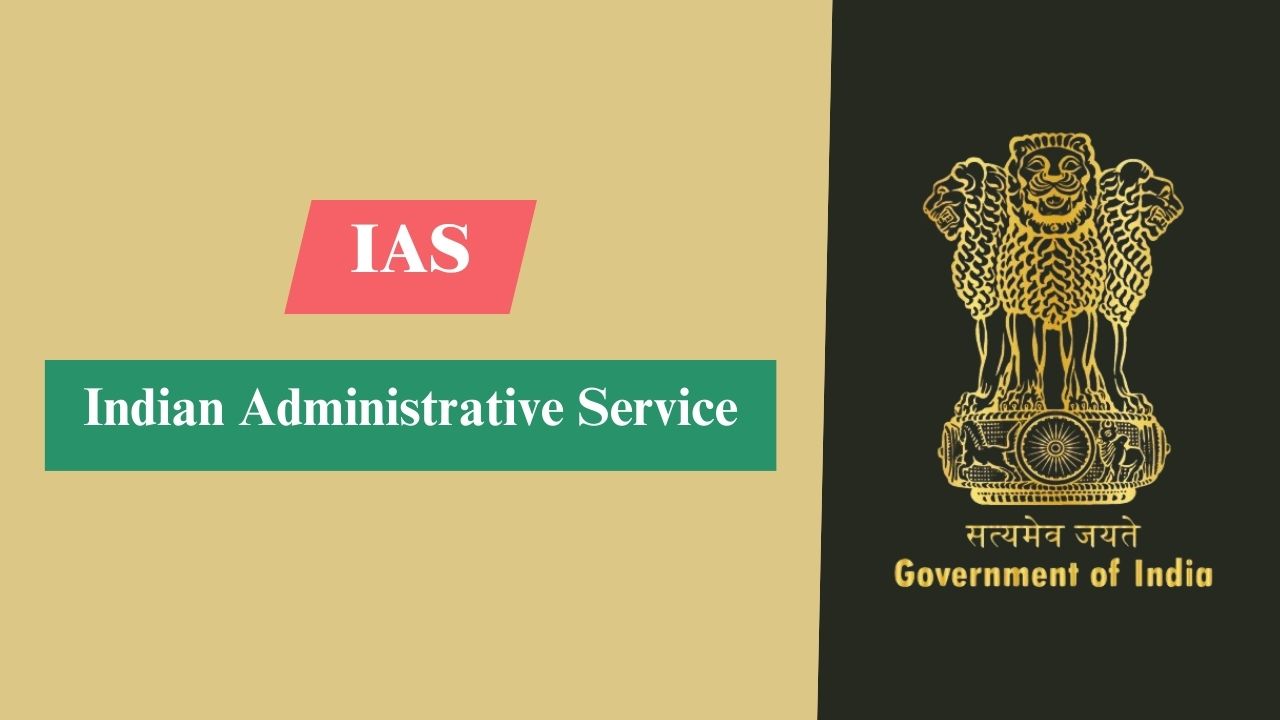What is National Talent Search Exam (NTSE)? - Scholarship Amount, Official Website and Pattern

What is NTSE Exam?
NTSE (National Talent Search Examination) is a national level scholarship examination conducted for school students in India. This exam is conducted by the National Council of Educational Research and Training (NCERT) every year to identify and encourage meritorious and talented students.
Stages of NTSE Exam
NTSE exam is conducted in two main stages:
- Stage 1 (State Level)
- Stage 2 (National Level)
1. Stage 1 (State Level)
This is the first stage of the NTSE exam. This stage is conducted by the SCERT of the respective state.
2. Stage 2 (National Level)
This is the second and final stage of the NTSE exam. Only those students can participate in this stage who have successfully cleared the first stage. This stage is conducted by NCERT.
Who can appear for the NTSE exam?
This exam is open to students from all states and union territories of India who have passed class 9 and are studying in class 10.
Students who pass both these stages are provided scholarships and recognition by the government through this examination from class 11 to PhD level.
Why NTSE Exam is Important?
There are many important reasons to take the NTSE exam, which make it different from other scholarship exams.
- National Recognition: NTSE is one of the most prestigious scholarship exams in India. Students who clear this exam receive national level recognition and respect.
- Continuous scholarship benefits: Students who clear this exam receive continuous financial support for studies from class 11 to PhD. This kind of continuous scholarship is not often seen in other scholarships.
- Development of talent and thinking ability: NTSE exam consists of two papers, MAT (Mental Ability Test) and SAT (Scholastic Aptitude Test). Through these two papers, the student's logical thinking, analytical ability and subject knowledge are tested, which increases their ability to think and solve problems.
- Competitive Exam Preparation: Preparing for the NTSE exam gives students experience for future national level competitive exams such as UPSC, SSC CGL, JEE, etc.
- Motivation for competitive exams: By preparing for NTSE, students get used to the format and mental level of national competitive exams like UPSC, JEE, NEET, SSC, Banking.
- Extra preference in career: NTSE scholars are given preference in internships and jobs in many prestigious institutions.
NTSE Exam Summary
| Detail | Information |
|---|---|
| Exam Name | NTSE Scolarship Exam |
| Full Form | National Talent Search Examination (NTSE) |
| Conducting Body | NCERT |
| Purpose | Scholarship program for meritorious students |
| Target Candidates | Class 10th students aspiring for scholarships |
| Exam Level |
|
| Frequency | Once a year |
| Application Mode | Hybrid format (Online Download & Offline Submission) |
NTSE Exam Eligibility Criteria
To appear in the NTSE exam, students have to fulfil certain eligibility criteria. The details given below will give you a clear idea about who can appear in this exam.
| Detail | Information |
|---|---|
| Class | Student studying in class 10th |
| Age limit | Minimum 18 years |
| Minimum Marks | 55% marks in class 9th (relaxation for reserved category). |
| Nationality | Indian Citizen |
How to Apply NTSE Exam?
NTSE exam is conducted in two stages, State Level (Stage 1) and National Level (Stage 2). To appear in the exam, students have to first apply for NTSE Stage 1 (State Level). Only those students who pass Stage 1 can appear in Stage 2 (National Level).
1. NTSE Stage 1: State Level Application Process
In most of the states, NTSE Stage 1 exam is conducted through schools. Students can also apply on their own if the exam is not conducted by their school. Follow the steps given below to apply for NTSE Stage 1 here:
- Form Release: NTSE application forms are released by the state concerned SCERT between September to October every year.
- Download the Form: Visit the official website of SCERT (State Council of Educational Research and Training) of your state to download the application form.
- Fill the Application Form: After downloading the form candidates have to carefully fill in the required details like personal information, educational details, school information, caste, photo etc. and attach the required documents with the form.
- Submit the Form: Submit the correctly filled form to the "Regional Liaison Office" of the respective State/UT of your State.
- Application Fee: A nominal fee is charged as per the requirements of your state while submitting the application form.
State & UT SCERT Lists
1. State SCERT
Here is the list of State and UT SCERTs for filling NTSE stage 1 form.
| Sr.no | State SCERT Website |
|---|---|
| 1 | Andhra Pradesh |
| 2 | Arunachal Pradesh |
| 3 | Assam |
| 4 | Bihar |
| 5 | Chhattisgarh |
| 6 | Goa |
| 7 | Gujarat |
| 8 | Haryana |
| 9 | Himachal Pradesh |
| 10 | Jharkhand |
| 11 | Karnataka |
| 12 | Kerala |
| 13 | Madhya Pradesh |
| 14 | Maharashtra |
| 15 | Manipur |
| 16 | Meghalaya |
| 17 | Mizoram |
| 18 | Nagaland |
| 19 | Odisha |
| 20 | Punjab |
| 21 | Rajasthan |
| 22 | Sikkim |
| 23 | Tamil Nadu |
| 24 | Telangana |
| 25 | Tripura |
| 26 | Uttar Pradesh |
| 27 | Uttarakhand |
| 28 | West Bengal |
2. UT SCERT List
| Sr.no | UT SCERT Website |
|---|---|
| 1 | Andaman and Nicobar Islands |
| 2 | Chandigarh |
| 3 | Dadra and Nagar Haveli and Daman and Diu |
| 4 | Lakshadweep |
| 5 | Delhi |
| 6 | Puducherry |
| 7 | Ladakh |
| 8 | Jammu and Kashmir |
NTSE Stage 1 Exam Pattern
NTSE Stage 1 exam is conducted at the state level and consists of two main sections and both these sections aim to evaluate the logical ability, comprehension, and academic knowledge of the students.
- Mental Ability Test (MAT)
- Scholastic Aptitude Test (SAT)
1. Mental Ability Test (MAT)
This section tests the students' logical thinking, pattern recognition ability, categorization, coding-decoding, puzzles etc.
| Duration | 120 minutes (2 hours) |
| Medium | English or state regional language |
| Question Type | Multiple Choice Questions (MCQ) |
| Number of Questions | 100 |
| Total Marks | 100 marks |
2. Scholastic Aptitude Test (SAT)
This section tests students' subject based knowledge and conceptual understanding.
| Duration | 120 minutes (2 hours) |
| Medium | English or state regional language |
| Question Type | Multiple Choice Questions (MCQ) |
| Number of Questions | 100 |
| Total Marks | 100 marks |
| Subject |
|
NTSE Stage 1 Selection Process
- Admit Card Release: After the candidate submits the application form, the NTSE Stage 1 Admit Card is released on the official website of SCERT (State Council of Educational Research and Training) of the respective state or union territory.
- Exam Conduct: The NTSE Stage 1 exam is conducted in the month of November or December at the centers designated by the state government or SCERT.
- Result Declaration: A few weeks after the Stage 1 exam, the results are declared in the form of merit list, list of selected students, on the SCERT website of the state/UT.
NTSE Stage 2: National Level
NTSE Stage 2 exam is conducted by the National Council of Educational Research and Training (NCERT), Government of India. It is a national level scholarship exam in which only those students can participate who have successfully cleared the Stage 1 (State level) exam. NTSE Stage 2 is a very important stage of the NTSE exam, as the scholarship to the candidates is determined only on the basis of the result of the Stage 2 exam.
NTSE Stage 2 Exam Pattern
NTSE Stage 2 exam is conducted at the national level and is divided into two major sections.
- Mental Ability Test (MAT)
- Scholastic Aptitude Test (SAT)
1. Mental Ability Test (MAT)
In this section, reasoning ability, analytical ability, systematic thinking ability and problem solving skills of the students are tested.
| Mode of Exam | Offline |
| Medium | English and Hindi |
| Section |
|
| Question Type | Multiple Choice Questions (MCQ) |
| Duration | 120 minutes (2 hours) |
| Number of Questions | 100 |
| Total Marks | 100 marks |
2. Scholastic Aptitude Test (SAT)
This section tests the academic knowledge and conceptual clarity of the students.
| Mode of Exam | Offline |
| Medium | English and Hindi |
| Subject |
|
| Question Type | Multiple Choice Questions (MCQ) |
| Duration | 120 minutes (2 hours) |
| Number of Questions | 100 |
| Total Marks | 100 marks |
NTSE Stage 2 Selection Process
- Admit Card Release: NCERT releases the admit card on its official website.
- Merit List and Cutoff: After the exam, NCERT releases the category-wise cutoff and national merit list on its website.
- Eligibility Letter for Scholarship: After the merit list is declared, eligible candidates will receive a letter from NCERT through post. Based on the details given in this letter, candidates have to apply for the scholarship.
NTSE Exam Scolarship Amount
Monthly scholarships are awarded by NCERT to students who are successful in NTSE (National Talent Search Examination) at various academic levels. This scholarship is given from class 11 to PhD level. In order for the scholarship to continue, the student must pass each academic year with the minimum prescribed marks.
| Level | Class | Amount |
|---|---|---|
| Higher Secondary Education (HSE) | Class 11 | ₹1,250 per month |
| Class 12 | ₹1,250 per month | |
| Graduation Level | Undergraduate | ₹2,000 per month |
| Postgraduate | ₹2,000 per month | |
| Doctoral Level | PHD | Scholarship amount is given as per UGC norms. |
NTSE Exam Facts
- Competition Level: NTSE is among India's toughest and highly competitive school exams, with lakhs of students participating every year. But the number of successful candidates is in thousands.
- No Negative Marking: There is no negative marking in both NTSE exams, so students can solve the questions with full confidence.
- State-wise Paper: NTSE Stage 1 paper is prepared separately by each state, i.e the exam is slightly different for each state.
- Eligibility: NTSE is only for Indian students. Students of Indian origin studying abroad can also participate directly in Stage 2.
- Scholarship Coverage: NTSE scholarship is not only limited to schools and colleges, scholars get financial support up to PG and PhD.
NTSE Exam Advantages
- Financial assistance: Every month NTSE provides a financial assistance to the selected candidate. Although the amount is not much, but it helps in the amount of educational expenses (pens, books, notebooks) of the candidate.
- National recognition: NTSE is a national level prestigious exam, by passing this exam, the candidate gets national level recognition. This recognition is very useful to the candidate in future educational applications and biodata.
- Skill enhancement: In preparation for NTSE exam, logical reasoning, analytical skills of the students increase. These skills are beneficial for other competitive exams and future studies.
- Confidence enhancement: Clearing NTSE in 10th is a big thing in itself, which increases the confidence of the student. Due to which the student gets experience to face the challenges coming in future.
- Preparation for competitive exams: By giving NTSE exam, the student gets an example to prepare for other competitive exams like JEE, NEET, etc.
NTSE Exam Disadvantages
- Preparation Pressure: NTSE exam is for class 10 students, class 10 is very important, this class is the first stage of the candidate's career, in which the candidate already has the pressure of studies, on top of that giving NTSE exam gives the candidate less time for regular school studies and board exam studies.
- High Competition: NTSE is a highly competitive exam in which candidates from different states of the country appear in the exam.
- Low Scholarship: The amount of scholarship of NTSE is very low.
- Preparation Cost: NTSE requires coaching and study material, which creates additional burden on financially constrained families.
- Psychological Impact: NTSE exam is very difficult, if for some reason the student fails in NTSE exam, then it also has a psychological impact on his board exam.
- Quota Based: Every state has its own quota and it is not sure that every deserving student will get scholarship, no matter how well he has performed.
Quick Links
- Common Admission Test (CAT) Exam
- Central Teacher Eligibility Test (CTET) Exam
- IISER Apptitude Test (IAT) Exam
- JEE Advanced Exam
- JEE Mains Exam
- National Entrance Screening Test (NEST) Exam
- National Talent Search Examination (NTSE) Exam
- RRB Junior Engineer (JE) Exam
- RRB Non-Technical Popular Categories (NTPC) Exam
- SBI Junior Associate (Clerk) Exam
- SBI Probationary Officer (PO) Exam
- Staff Selection Commission Combined Graduate Level (SSC CGL) Exam
- Staff Selection Commission Multi Tasking Staff (SSC MTS) Exam
- SSC CGL Assistant Audit Officer (AAO)
- SSC CGL Assistant Enforcement Officer (AEO)
- SSC CGL Assistant Section Officer in Central Secretariat Service (ASO in CSS)
- SSC CGL Assistant Section Officer in Ministry of External Affairs (ASO in MEA)
- CBI Sub Inspector (SI)
- SSC CGL Central Excise Inspector
- Indian Administrative Service (IAS)
- SSC CGL Income Tax Inspector (ITI)
- SSC CGL Junior Statistical Officer (JSO)
- SSC CGL Preventive Officer (PO)
- RRB NTPC Railway Station Master
- BE/BTech Aerospace Engineering Course
- Bachelor of Business Administration (BBA) Course
- Bachelor of Computer Applications (BCA) Course
- Bachelor of Commerce (B.Com) Course
- Bachelor of Computer Science (BCS) Course
- Bachelor of Hotel Management (BHM) Course
- Bachelor of Science in Biotechnology (BSc Biotechnology) Course
- Bachelor of Science in Chemistry (BSc Chemistry) Course
- Bachelor of Science in Forensic Science (BSc Forensic) Course
- Bachelor of Science in Microbiology (BSc Microbiology) Course
- Bachelor of Science in Nursing (BSc Nursing) Course
- BE/BTech in Civil Engineering Course
- ITI Computer Operator and Programming Assistant (COPA) Course
- ITI Cutting & Sewing (Tailoring) Course
- ITI Electrician Trade Course
- ITI Electronic Mechanic Course
- ITI Fitter Trade Course
- ITI Hair & Skin Care (Beautician) Course
- ITI Digital Photography Course
- ITI Plumber Course
- ITI Surveyor Course





